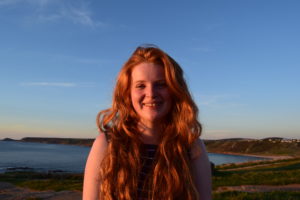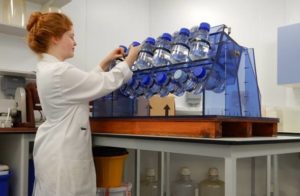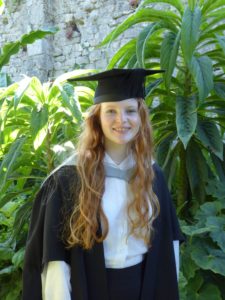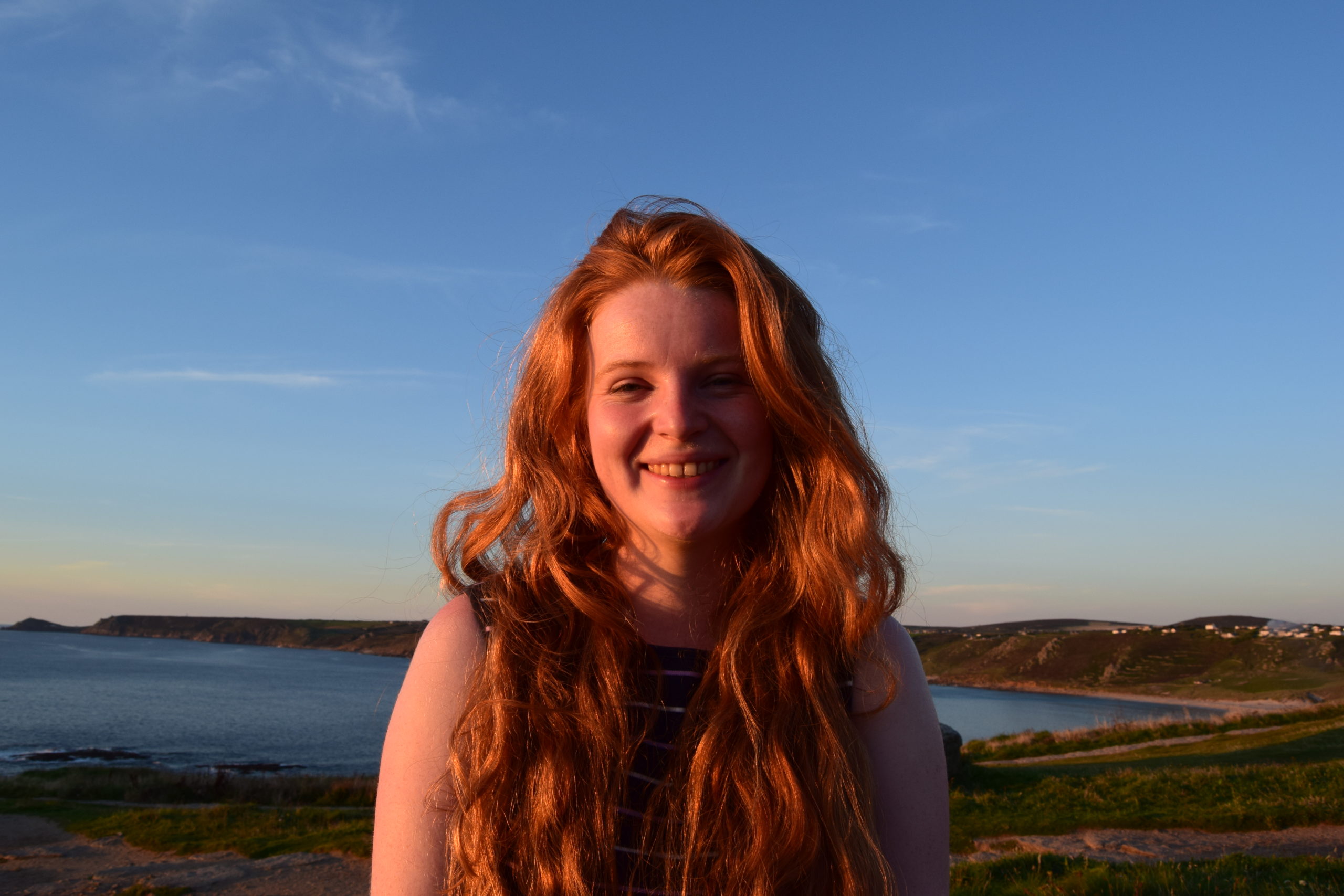Our world-leading marine research underpins a wide range of undergraduate and postgraduate programmes: Research-led teaching | Exeter Marine | University of Exeter. In this #MScGraduateInFocus series we are looking back on some of our MSc graduates who have excelled in marine conservation around the world since studying with us.
Today we meet Zara Botterell, MSc Conservation and Biodiversity graduate (2015) and now a PhD student investigating microplastic pollution and zooplankton at Plymouth Marine Laboratory and the University of Essex!

Hi Zara! First off, why did you choose to study at the University of Exeter?
I’ve chosen to study at the University of Exeter twice; to begin with I did my BSc at the Streatham Campus. I was looking to do a broad based biological sciences degree and the course there had a little bit of everything. This was a big draw for me as I didn’t really know what I was interested in the most and didn’t want to specialize too early. The campus was also beautiful, with plenty of green space, in a beautiful city.
Throughout my undergraduate degree I’d naturally gravitated towards ecology, conservation and marine biology and I really wanted to continue with an MSc in these subject areas. My mum actually spotted the MSc Conservation and Biodiversity course and after a quick read I knew it was exactly what I’d like to do. Finances are also big consideration and after some further research I realised that at the time I was also eligible to apply for a scholarship, which I was successful in obtaining.
Immediately after completing my MSc I began a graduate role at the Penryn Campus as a PA and research assistant within the Centre for Ecology and Conservation. After working there for nearly 2 years I was successful in gaining a PhD scholarship at Plymouth Marine Laboratory and University of Essex.

What did you enjoy most about studying your MSc with us at the University of Exeter Cornwall Campus?
The campus is beautiful, with lots of green spaces and being so close to the coast it is perfect for anyone who loves the outdoors and nature.
Everyone in the department was friendly and approachable, where every success of staff and students was celebrated. The field trips were incredible, well planned and thought through to give us a great experience.
I loved the relaxed and friendly environment in Penryn, the campus was beautiful in every season and there are lots of places to explore nearby.

What skills and experiences from the MSc have been most useful in your career?
During my MSc I learnt many transferable skills such as statistical analysis, science communication and developing my academic writing which have been essential to my PhD. I have also been able to build upon my fieldwork experience and public speaking skills which I first developed during my time at Penryn.
The MSc gave me crucial experience in planning and implementing fieldwork and a great foundation knowledge of using the statistical software R and GIS mapping software which I have since built upon. Time management and organization has been key in my PhD. The variety of modules with different deadlines, different types of work i.e. fieldwork, written assignments meant that I had a lot to keep track of, however this was a great experience for my PhD.
Finally, why did you choose your career path and do you have any advice for those looking to pursue something similar?
My advice for anyone who would like to do a PhD would be to work hard, make the most of any opportunities and get experience doing lots of different things. When it comes to applying for a PhD, whilst subject and location are important, take the time to have a chat with your potential supervisors to see how you get on. For 3-4 years they’ll be supporting and guiding you through your PhD and will be integral to your development, experiences, success and of course enjoyment!
Work hard, be organized, do your best and enjoy! Ensure you have a routine and take quality time off.
Any advice for anyone thinking of applying to the University of Exeter?
Apply, you haven’t got anything to lose!
Thanks Zara!

If you want to find out more about any of our suite of #ExeterMarine Masters and Undergraduate courses use the links below!
- MSc in Marine Environmental Management
- MSc in Marine Vertebrate Ecology and Conservation
- MSc in Conservation and Biodiversity
- MSc in Conservation Science and Policy
- MSc in Evolutionary and Behavioural Ecology
- MSc in Sustainable Development
- MSc in Environment and Human Health
- MSc in Renewable Energy Engineering
- BSc Marine Biology
- BSc Zoology
- BSc Environmental Science
- BSc Conservation Biology and Ecology
- BSc Evolutionary Biology
- BSc Animal Behaviour
- BEng Renewable Energy Engineering

